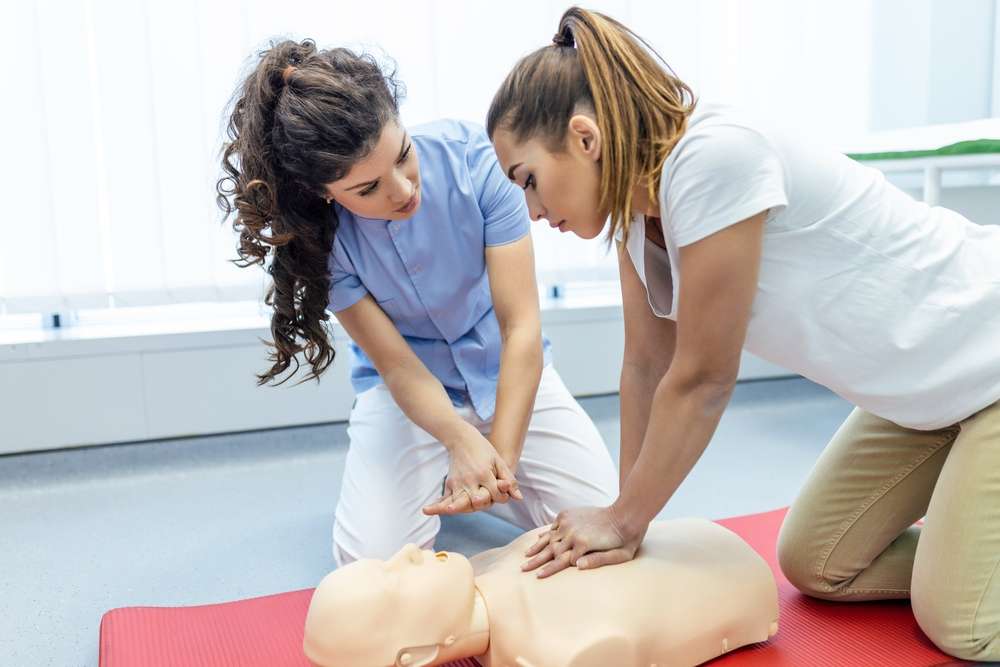Aviation Training in Germany: English Skills Open New Pathways
In Germany, proficiency in English can significantly enhance prospects in the aviation sector. As the industry continues to expand, various roles are emerging that require skilled individuals. This growth presents an intriguing landscape for those prepared to engage with the aviation field, alongside understanding the specific conditions and expectations that accompany these roles.

The German aviation industry represents one of Europe’s most dynamic sectors, encompassing commercial airlines, cargo operations, maintenance facilities, and training institutions. Major hubs like Frankfurt, Munich, and Düsseldorf serve as gateways connecting Europe with global destinations, while regional airports support domestic and European routes. This extensive network creates substantial demand for qualified aviation professionals across various specializations.
Understanding the Aviation Industry Landscape in Germany
Germany hosts numerous aviation companies ranging from Lufthansa Group to smaller regional carriers, each requiring specialized personnel. The country’s strategic location makes it a central hub for European air traffic, with approximately 230 million passengers passing through German airports annually. Aircraft maintenance organizations, flight training schools, and aviation technology companies contribute significantly to the sector’s growth. The industry encompasses roles from flight operations and technical maintenance to ground services and regulatory compliance.
Training facilities across Germany offer comprehensive programs designed to meet international aviation standards. These institutions provide both theoretical knowledge and practical experience, ensuring graduates possess the skills necessary for modern aviation careers. The integration of advanced simulation technology and real-world training environments prepares students for the complexities of contemporary aviation operations.
The Role of English Proficiency in Aviation Careers
International Civil Aviation Organization (ICAO) standards mandate English proficiency for aviation professionals, particularly pilots and air traffic controllers. This requirement stems from English being the universal language of aviation, used for communication between aircraft and control towers worldwide. German aviation professionals must demonstrate specific English language competency levels to obtain necessary certifications and licenses.
English skills enable German aviation workers to participate in international operations, access global career opportunities, and work with multinational teams. Airlines operating international routes require crew members capable of communicating effectively with passengers and colleagues from diverse linguistic backgrounds. Technical documentation, safety procedures, and operational manuals are frequently published in English, making language proficiency essential for understanding critical information.
Training programs increasingly incorporate English language instruction alongside technical curriculum, recognizing the interconnected nature of language skills and professional competency. This approach ensures graduates can navigate both domestic and international aviation environments successfully.
Key Insights into Aviation Positions and Their Requirements
Aviation careers in Germany span multiple disciplines, each with distinct training requirements and qualification pathways. Commercial pilot positions require completion of integrated or modular training programs, accumulation of specific flight hours, and passing rigorous theoretical and practical examinations. Air traffic controllers must complete specialized training programs and demonstrate exceptional communication abilities under high-pressure situations.
Aircraft maintenance technicians need comprehensive technical training covering various aircraft systems, regulatory compliance, and safety protocols. Ground operations personnel, including baggage handlers, ramp agents, and customer service representatives, require specialized training in safety procedures and operational protocols. Aviation management positions typically require relevant educational backgrounds combined with industry experience.
Cabin crew positions demand customer service skills, safety training, and the ability to handle emergency situations effectively. Each role requires ongoing professional development to maintain certifications and stay current with evolving industry standards and technologies.
| Training Program | Provider | Duration | Cost Estimation |
|---|---|---|---|
| Commercial Pilot License | Lufthansa Aviation Training | 18-24 months | €80,000-€120,000 |
| Air Traffic Control | DFS Aviation Services | 12-18 months | €15,000-€25,000 |
| Aircraft Maintenance | TÜV Rheinland | 6-12 months | €8,000-€15,000 |
| Cabin Crew Training | Various Airlines | 4-8 weeks | €2,000-€5,000 |
Prices, rates, or cost estimates mentioned in this article are based on the latest available information but may change over time. Independent research is advised before making financial decisions.
The aviation training landscape in Germany reflects the industry’s commitment to maintaining high safety standards while adapting to technological advancements. Training institutions continuously update their curricula to incorporate new aircraft technologies, environmental considerations, and operational procedures. This evolution ensures German-trained aviation professionals remain competitive in the global marketplace.
Successful completion of aviation training programs opens pathways to diverse career opportunities within Germany and internationally. The combination of technical expertise and English proficiency positions graduates to contribute effectively to the dynamic aviation sector, whether in domestic operations or international assignments.




